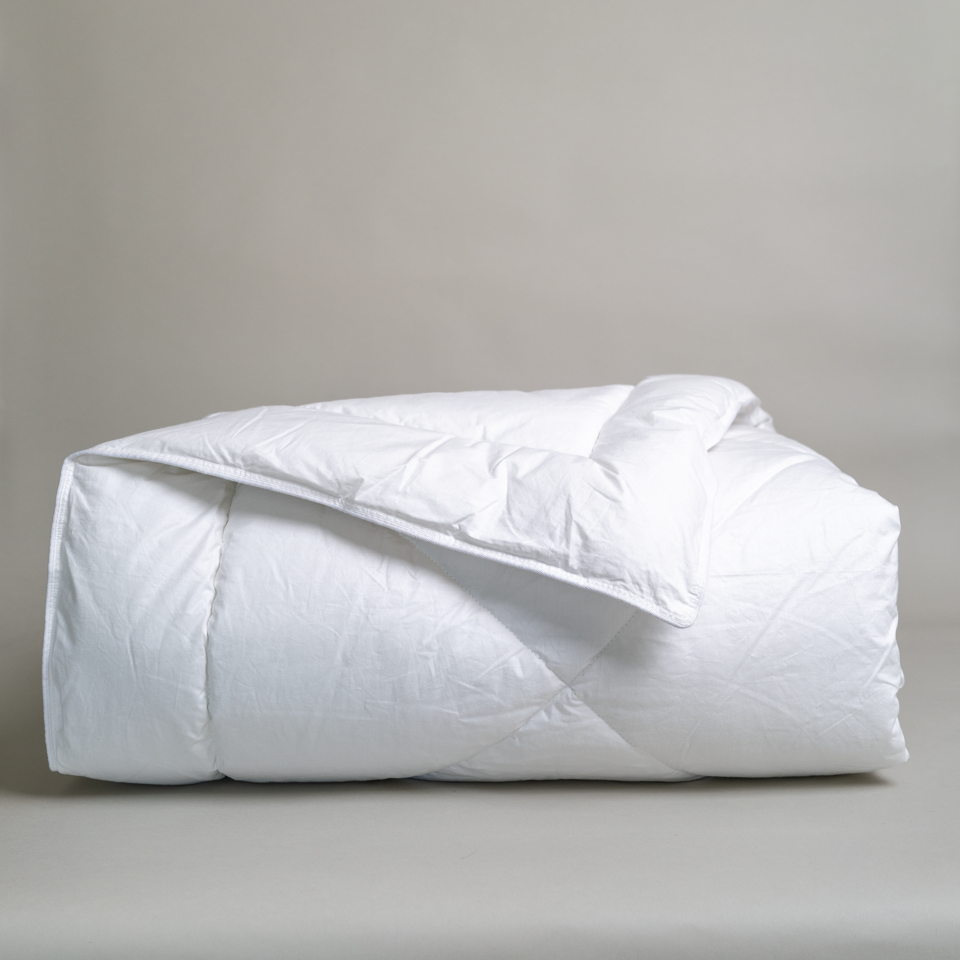Is Poor Sleep Causing You to Gain Weight?
Although we all recognize the importance of eating healthy food and getting physical exercise, we often ignore the importance of sleep to our overall health and well-being. There are simply too many other things to get done to go to sleep. The fact that sleep has gotten short shrift as an important pillar of health may be one of the reasons that, over the decades, the number of hours we sleep has decreased while our weight has increased. There are ongoing studies to determine the exact relationship between sleep and weight; however, there is no question that insufficient quality sleep has a negative effect on weight and overall health.
Poor Sleep Is a Risk Factor for Weight Gain
Research suggests “that adults who are better rested consume significantly fewer calories than those who are chronically sleep-deprived,” according to an article in Harvard Women’s Health Watch. Those who eat better tend to sleep better. It can become a beneficial or detrimental cycle that’s tough to break.
How Does Poor or Insufficient Sleep Affect What I Eat?
In a review of a variety of studies of the effects of sleep deprivation on eating and weight management in the journal Nutrients, the authors review the evidence of “the effects of poor sleep on weight management.” The studies conclude that insufficient and poor-quality sleep lead to increased caloric intake, particularly from foods high in fat and carbohydrates, which leads to weight gain. The lack of sufficient, quality sleep affects what and how much you eat in a number of ways:
1. By interfering with the hormones that control your hunger
Poor sleep can affect the levels of the hormones that control your appetite by increasing the hormone ghrelin that stimulates hunger and decreasing the hormone leptin that stimulates the feeling of satiety. This effect on hormones also appears to cause people to pick less healthy options.
2. By impacting your brain’s reward system
In a study reported in NIH Research Matters, researchers found that sleep deprivation has an effect on the body similar to the effect of chemicals found in marijuana in “the brain’s motivation and reward circuits and can spark a desire for tasty foods.” The study concluded, among other findings, if you’re sleep deprived, your drive to eat foods that bring you pleasure may increase as your ability to resist such foods decreases.
3. By disturbing your circadian rhythms
Your circadian rhythms are the 24-hour cycles of your body’s internal clock that promote wakefulness in the morning and sleepiness at bedtime. They are affected by external cues such as sunlight. “Insufficient sleep and circadian misalignment are important metabolic stressors and are associated with weight gain and obesity,” according to authors of an article in Nature Reviews Endocrinology. When your circadian rhythms are off, whether due to traveling through time zones, night work, or bright light at night, the quality and quantity of food you eat can be negatively affected, resulting in weight gain. In addition to poorer food choices, misaligned circadian rhythms can cause a reduction in physical activity.
Stress can cause both weight gain and poor sleep. According to Yale New Haven Health, “An increase in cortisol levels caused by stress can increase appetite.” If the stress also keeps you from sleeping, the problem is compounded.
Additionally, more time awake is also more time to eat. Studies have found insufficient sleep to be associated with a higher caloric intake “resulting in weight gain and an increase in BMI.”
How Does My Weight and What I Eat Affect My Sleep?
Being overweight can cause health conditions that negatively affect your sleep. These include obstructive sleep apnea (OSA) in which the airway partially or fully collapses causing breathing issues at night. “OSA is seven times more common in individuals who are obese,” according to a Sleep Foundation article. Similarly, the article notes that obesity increases the risk of gastroesophageal reflux disease, asthma, and osteoarthritis, all of which may disturb sleep.
In general, you should avoid eating heavy meals in the 2-3 hours before bedtime as it may negatively affect your sleep, particularly if you have issues like acid reflux. Going to bed hungry is not ideal either. If a grumbling stomach is keeping you awake, “consider having a small, protein-rich snack, such as Greek yogurt or cottage cheese.”
Does Poor Sleep Affect Men and Women Differently?
“We’ve long known that poor sleep is associated with obesity,” is the take of Dr. Andrew Weil, a leader in integrative medicine, whether he is commenting on a study of the relationship between sleep an weight loss done in Spain with almost two thousand adults whose average age was 65 or a Swedish study looking at the effect of sleep loss on metabolism involving 15 young men. Whether there is a difference in the sleep quality or the effect of poor sleep on men versus women is the subject of investigation. According to the Sleep Foundation, women “experience more fragmented, worse quality sleep” than men. This could be a result of perception or willingness to report. It is true that hormonal changes and physical symptoms during menstrual cycles, pregnancy, and menopause can drastically disrupt women’s sleep.
A review of research evidence published in Sleep Medicine Reviews, “explored the key differences in how women and men sleep, variations in their body clocks, and how this affects their metabolism,” according to an article in Science Daily. While the research reported that anxiety and depression, which are associated with lower sleep quality, are twice as common in women, men are three times more likely to be diagnosed with OSA. This difference might be a result of how likely individuals are to be diagnosed properly. The researchers also found women sleep around 8 minutes longer than men; however, melatonin and core body temperature reach their peaks earlier in women suggesting their “intrinsic circadian periods are shorter than men’s by around six minutes.” The “misalignment” between their circadian rhythms and their sleep/wake cycle can negatively affect women’s sleep. With respect to impact on weight, the review found “men tend to overeat more than women in response to sleep loss.”
The study of the difference in how men and women sleep, and how whether poor sleep affects their health differently, is ongoing. However, there appears to be no question that poor and insufficient sleep are damaging to the health of both men and women.
Take care of your sleep for your best health.
-The Team at down etc
Read more:
A Good Night’s Sleep to Keep the Weight Off
How to Avoid Losing Sleep While Planning a Wedding
Menopause Is Not a Disease, but Hot Flashes and Disrupted Sleep Are Symptoms
Photo Credit: Karolina Kaboompics on Pexels
DISCLAIMER: You should not rely on any of the foregoing as a substitute for, nor does it replace, professional medical or health and wellness advice, diagnosis, or treatment by a healthcare professional. If you have specific concerns or a situation in which you require professional or medical advice, you should consult with an appropriately trained and qualified specialist, such as a licensed physician, psychologist, or other health professional. Never disregard the medical advice of a physician, psychologist, or other health professional, or delay in seeking such advice, because of the information or content offered or provided on the Site. The use of the Site and all information and content contained thereon is solely at your own risk.






